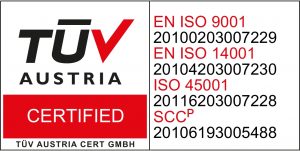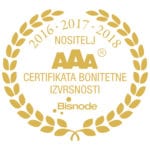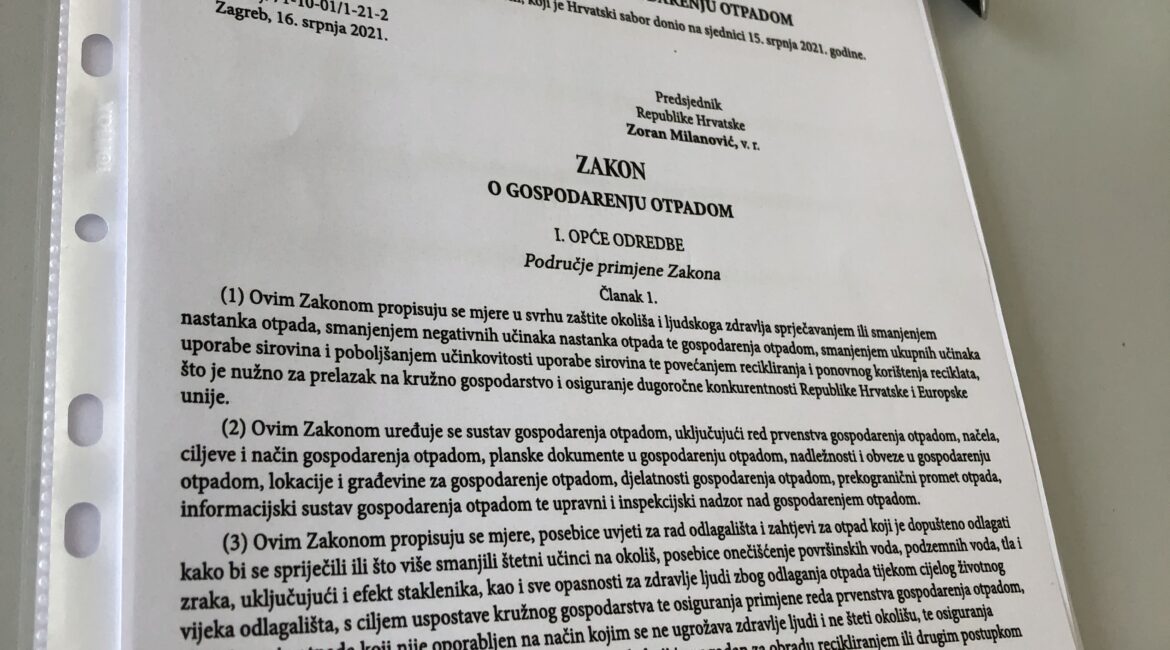On 23 July 2021, the Croatian Parliament passed the new Waste Management Act, which was published in the Official Gazette No. 84/21. With the entry into force of this Act on the eighth day from the day of its publication, the Sustainable Waste Management Act (Official Gazette 94/13, 73/17, 14/19 and 98/19) ceased to be valid.
The new law contains 18 basic chapters and 6 appendices. The new Act fulfills the obligation of continuous harmonization of the legislation of the Republic of Croatia with the acquis communautaire, primarily the one that was amended in the field of waste management during 2018 and 2019. Among other things, the new law establishes waste reuse centers, sets new higher targets for waste separation and recycling by 2035 and new lower targets for waste disposal, and prohibits the placing on the market of certain disposable plastic products and plastic bags for carrying less thickness. of 50 micrometers with the exception of very lightweight plastic carrying bags.
According to the new law, the validity period of a waste management permit is 10 years. However, the body that issued the waste management permit, regardless of the specified deadline, will review it ex officio and, if necessary, amend the waste management permit with a special decision in order to harmonize the permit conditions with European or international regulations, law and bylaws. enacted under the Act. The law stipulates that the Ministry issues permits for waste management for hazardous waste and non-hazardous waste treated by processes using waste as fuel or other means of energy production (R1) and onshore waste incineration (D10), and the competent county authority issues permits for non-hazardous waste for all other recovery and disposal operations. For some waste recovery operations (eg biological recovery, energy recovery of non-hazardous waste with energy production, recovery of waste oil for biofuel production, recovery of wood waste, recovery of construction and asphalt waste, waste collection) and for the collection process of all types of waste is entered in the register kept by the competent county offices. Also, economic instruments of waste management are prescribed (subsidies and incentive fee, waste disposal fee, landfill proximity fee and landfill use fee, return fee, waste management fee within extended producer responsibility).




